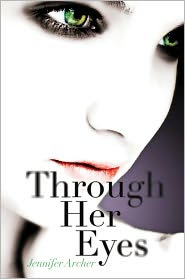
Drew (or "Birdie" as her mother calls her) is burdened with a boy's name, an obsessed and entrepreneurial mother, and an unusual pet -- a rat named Hum. She doesn't really have any friends, so Hum is most of her life and working at her Mom's cheese shop with Swoozie (an ex-pat Wisconsinite) and Nick (surfer dude and mechanic extraordinaire) is the rest. Enter Emmett, the boy with a mysterious scar on his face, an evasive response to most questions, a strikingly deep knowledge of rats, and a plan that will take Drew away on the most amazing trip in her thirteenth summer.
The result is a charming and quirky romance about a moment when a shy girl left her comfort zone and made tentative steps to adulthood. Birdie, speaking as an eighteen year-old narrator of this story of her childhood, is endearing and insightful and imbues her story in a warm nostalgic glow. This is tear-jerking stuff and a perfect example of the types of things for which I am a complete sucker. In this respect, it is very much YA-for-adults (not just in topic, but also in its no-BS tone about human relationships between adults, children, and one another), but it is also a pretty story about a strong girl who learns how to unfold her wings. I can't say whether young readers will appreciate the beauty and honesty of the moment that Reinhardt captures, but I certainly did!









